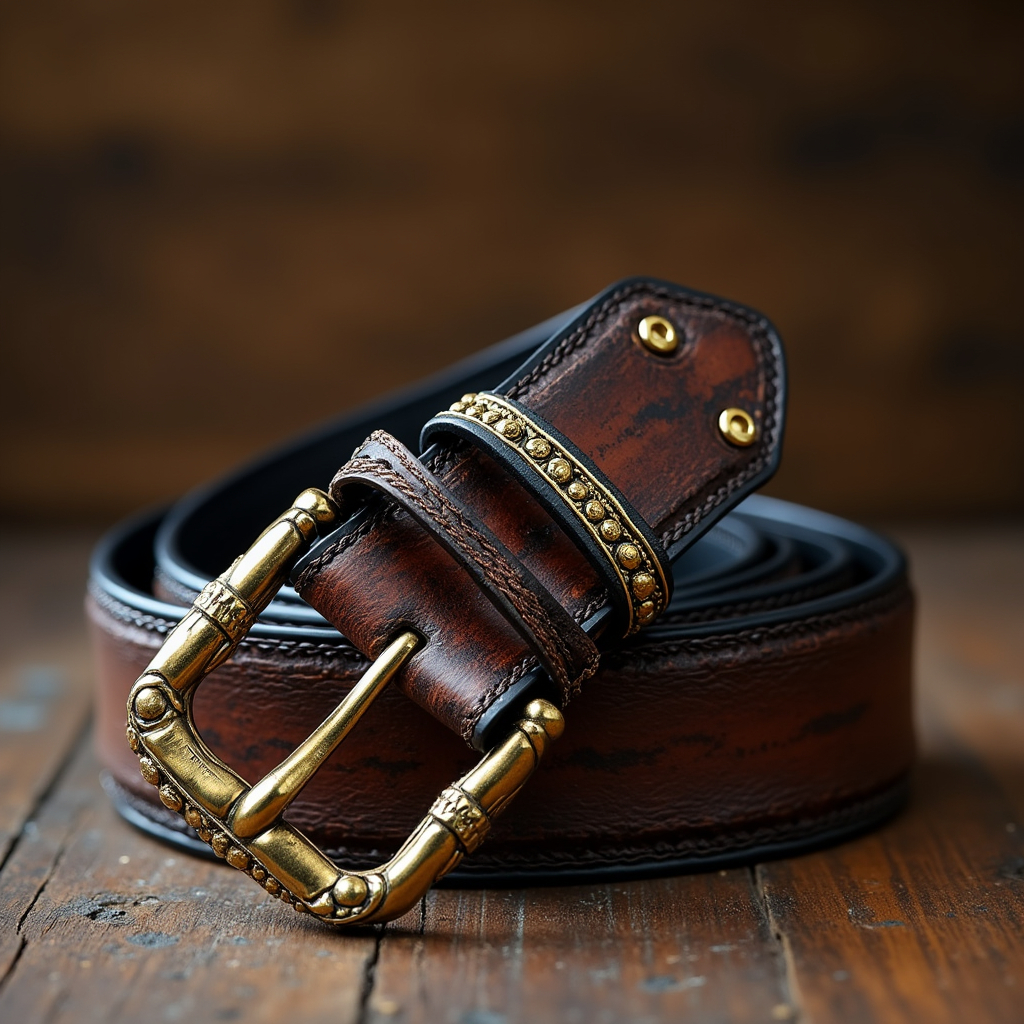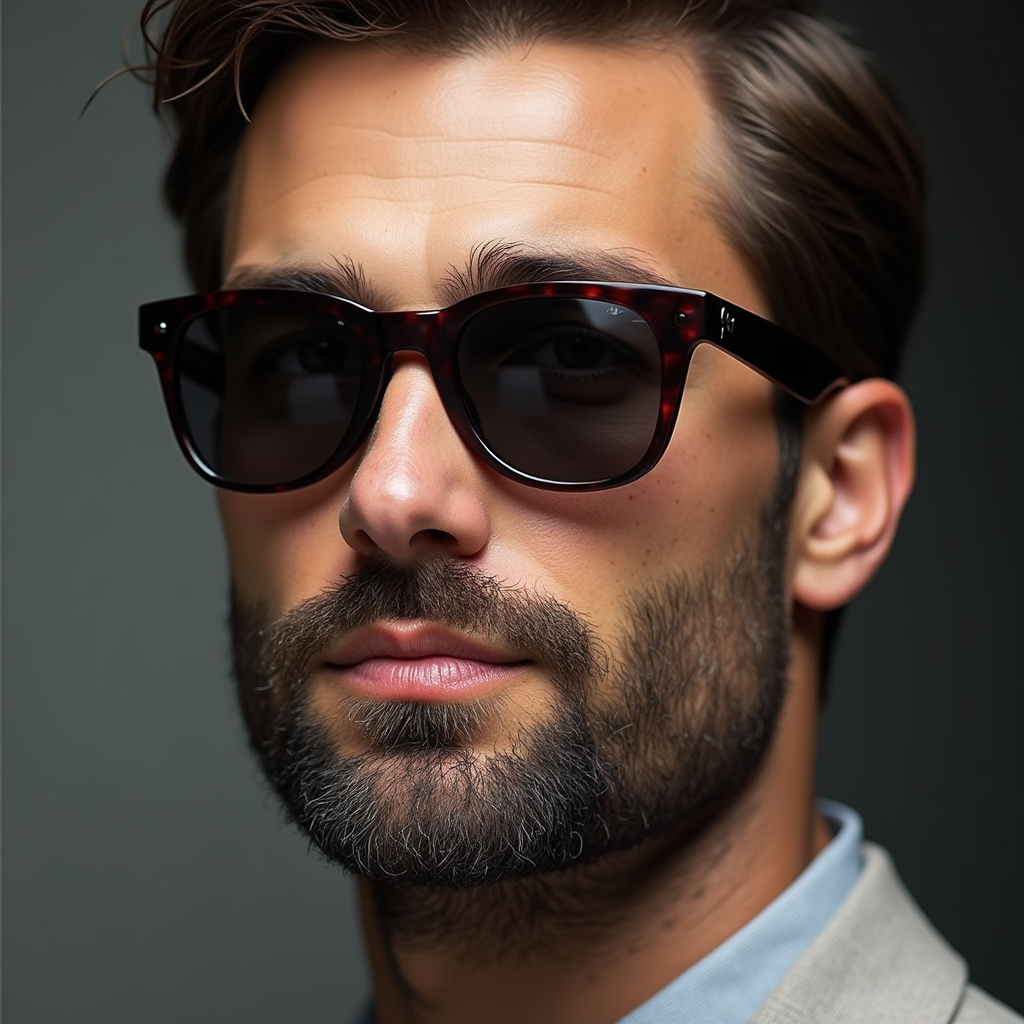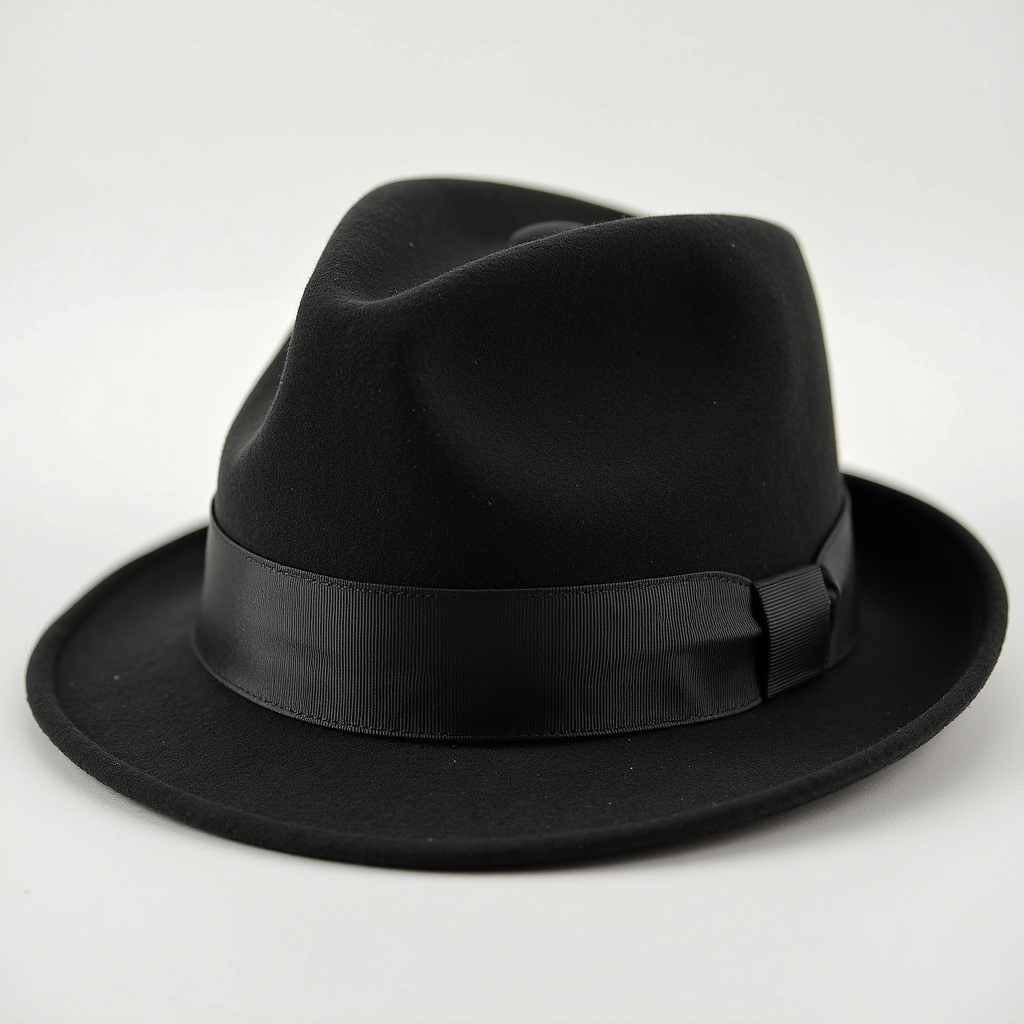Replica Designer Clothing: Quality Assessment Guide
Comprehensive analysis of replica designer clothing, examining fabric quality, construction standards, and authentication indicators for informed purchasing decisions across all garment categories.
Quality Assessment of Replica Designer Clothing
Designer clothing represents one of the broadest and most diverse segments in the luxury replica market, spanning countless styles from formal attire to casual wear. Understanding quality variables across this extensive category helps consumers navigate this complex space with informed expectations.
Fabric Quality in Replica Clothing
Fabric selection forms the foundation of garment quality, with substantial variation across price tiers:
- Natural Fibers: Premium replicas use appropriate natural fibers (silk, wool, cotton, etc.) with proper weight and weave specific to the original design, while lower-quality versions substitute synthetic alternatives lacking proper drape and texture.
- Fabric Composition: Quality replicas maintain accurate fiber composition percentages, whereas budget options often use simplified compositions prioritizing cost over accurate hand and performance.
- Specialty Materials: High-end replicas correctly reproduce specialized materials and treatments, while budget versions use basic materials that merely suggest the original texture or appearance.
Fabric Assessment
Fabric quality provides immediate tactile indicators. Premium materials demonstrate appropriate weight, drape, and recovery when manipulated, while inferior alternatives appear stiff, overly limp, or fail to recover from handling. Burn testing small samples can confirm actual fiber content versus claimed composition in questionable pieces.
Construction Standards
Construction quality dramatically affects both appearance and durability in replica clothing:
- Seam Construction: Premium replicas feature appropriate seam techniques specific to garment type and fabric requirements, while lower-quality versions use simplified construction regardless of garment requirements.
- Pattern Alignment: Quality replicas maintain proper pattern matching at seams and closures, whereas budget options often show misalignment at visible junctures.
- Interior Finishing: Higher-end replicas incorporate complete interior finishing with appropriate techniques, details often simplified or omitted in budget versions to reduce production costs.
Authentication Guide by Clothing Category
Outerwear and Tailored Pieces
Tailored clothing represents a technically demanding segment in the replica market. Authentication points include:
- Internal structure and canvas construction in jackets
- Lapel roll and collar formation technique
- Button quality and secure attachment method
- Lining attachment and interior pocket construction
Knitwear and Sweaters
Knitwear features distinctive elements that aid in authentication:
- Yarn quality and consistent tension throughout
- Ribbing elasticity and recovery properties
- Seam joining techniques specific to knit type
- Pattern execution precision in intarsia or jacquard styles
Casual and Sportswear
Casual garment authentication focuses on:
- Fabric weight and appropriate hand for style
- Print or pattern execution quality
- Consistent stitching density and tension
- Hardware quality and secure attachment
Common Quality Issues in Replica Clothing
Typical issues encountered in replica designer clothing include:
- Dimensional Stability: Many replicas show unexpected shrinkage or stretching after cleaning or wearing, unlike authentic pieces designed with proper pre-treatment and fabric selection.
- Color Fastness: Lower-quality replicas often experience color fading or transfer, particularly when exposed to sunlight or cleaning processes.
- Comfort Deficiencies: Budget replicas frequently neglect aspects like breathability and movement allowance, prioritizing external appearance over wearing comfort.
- Closure Problems: Many replicas show early button, zipper, or snap failure due to improper attachment or inferior component quality.
Consumer Advisory: When evaluating replica clothing, examine both external appearance and interior construction. Quality replicas maintain attention to detail throughout the garment, while inferior options focus exclusively on visible surfaces, revealing quality differences inside seams, facings, and structural elements.
Market Trends in Replica Clothing
The replica clothing market continues to evolve with several notable trends:
- Size Consistency: Higher-end replicas increasingly provide accurate sizing corresponding to authentic designer measurements, reducing sizing uncertainty for consumers.
- Performance Integration: More manufacturers now incorporate genuine technical fabrics and functional elements in active and outerwear categories, addressing performance expectations beyond aesthetics.
- Collection Cohesion: Premium replica producers are developing complete seasonal collections rather than isolated pieces, allowing coordinated styling similar to authentic designer offerings.
Ethical and Legal Considerations
The replica clothing market raises several ethical and legal questions:
- Intellectual property infringement regarding protected designs and patterns
- Material safety concerns, particularly regarding dyes and skin contact
- Labor practices in garment manufacturing facilities
- Supply chain transparency and sustainability claims
Consumers should consider these factors, particularly regarding items worn in direct contact with skin where material composition affects comfort and potential sensitivities.
Conclusion: Making Informed Decisions
Designer clothing represents significant investments in authentic form, making replicas appealing for many consumers. When considering replicas, evaluate:
- The specific wearing conditions and frequency of use
- Cleaning and maintenance requirements compared to authentic pieces
- Balance between visual accuracy and physical comfort
- Alternative mid-tier clothing brands offering original designs with quality construction
For those seeking authentic designer clothing at reduced prices, consider outlet shopping, end-of-season sales, and pre-owned markets, which can offer authentic pieces at significant discounts, particularly for classic styles less subject to seasonal trends.







Reviews (5) Ask a Question
FabricConcern
February 26, 2025 at 10:45 amI've been looking at replica designer clothes but I'm concerned about the fabric quality. Has anyone found that the materials used in replicas pill or wear out faster than authentic pieces?
QualitySeeker
February 27, 2025 at 1:20 pmThis varies widely by price point. The lowest tier replicas ($15-30 for t-shirts, $30-60 for knitwear) typically use significantly lower quality fabrics that pill quickly, lose shape after washing, and often fade unevenly. Mid-tier replicas ($40-70 for t-shirts, $80-150 for knitwear) usually use decent materials that perform acceptably but still noticeably below authentic quality. The highest tier replicas can sometimes source similar materials to authentic pieces, but you're typically paying 40-50% of authentic prices at that point.
SizingIssues
March 1, 2025 at 9:35 amWhat about sizing consistency in replica clothing? I find even within the same seller, some items fit true to size while others run much smaller.
MeasurementMaster
March 2, 2025 at 11:50 amThis is one of the biggest challenges with replica clothing. Unlike authentic designer clothing, which typically has consistent sizing within each collection, replicas often source from multiple factories with different patterns. I've found it helpful to ignore the size label completely and instead ask sellers for specific measurements of each garment. Most reliable sellers will provide detailed measurements (chest, shoulders, length, etc.) if asked. Using these measurements rather than size labels has dramatically improved my success rate with replica clothing. Has anyone compared these with TJ Luxury? Their prices seem competitive.
NewToReplicas
March 5, 2025 at 2:25 pmHas anyone purchased from
TrendTracker
April 22, 2025 at 8:11 pmIs https://www.tjluxury2020.com/Home-c868411.html good for beginners who are new to replicas?
Test User
May 12, 2025 at 4:34 pmThis is a test comment for the clothing article to verify the discussion fix.
Ask a Question or Leave a Review